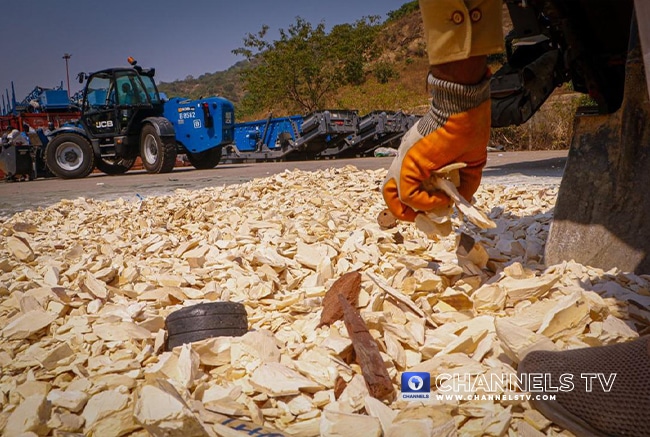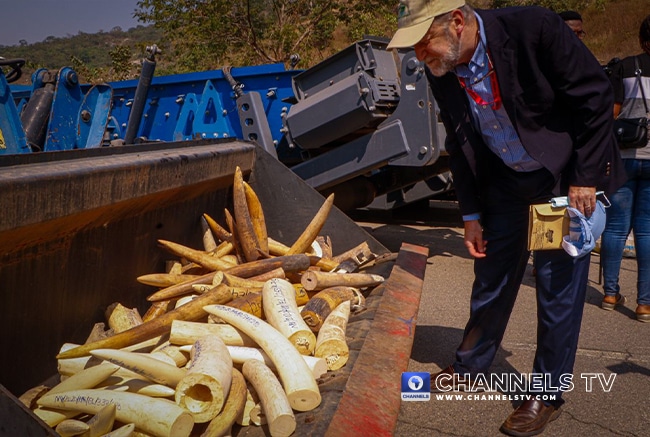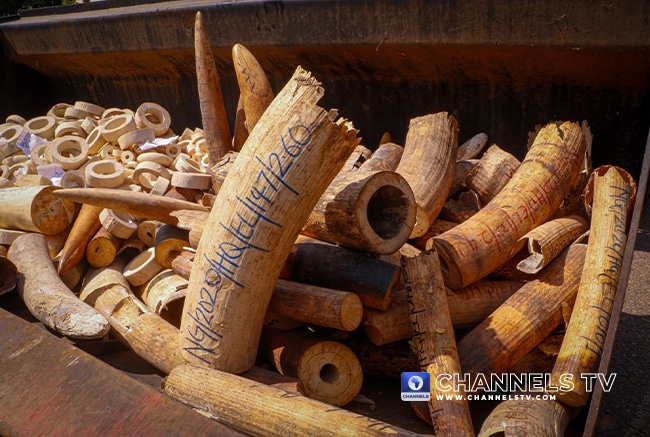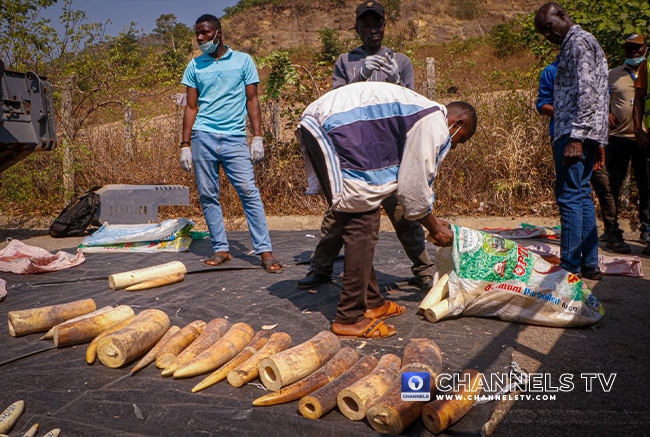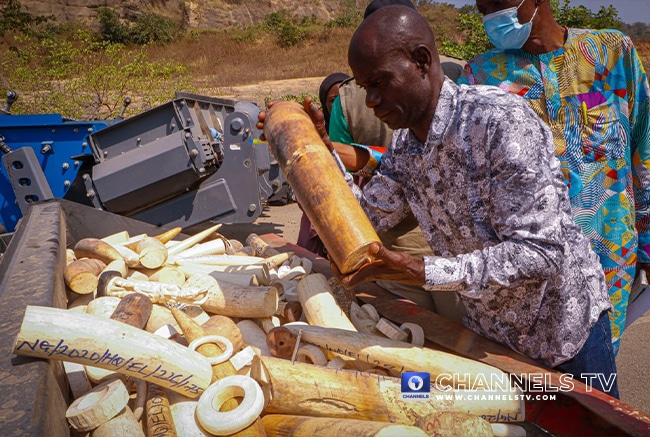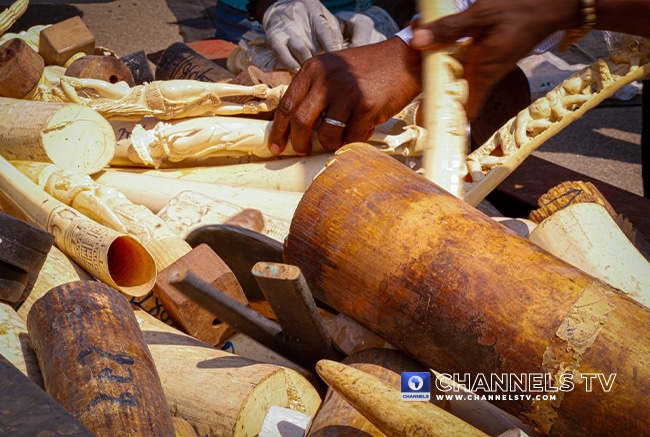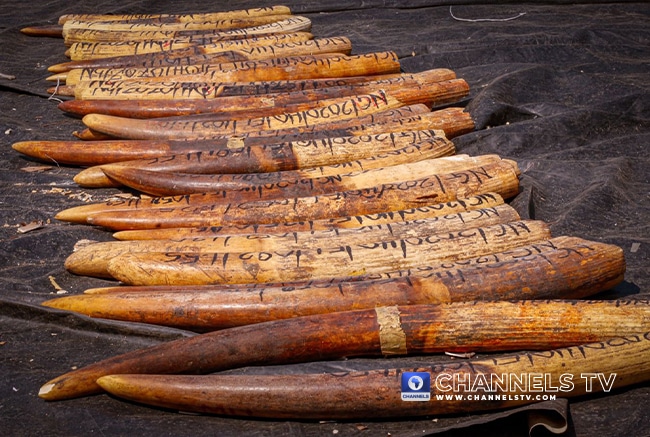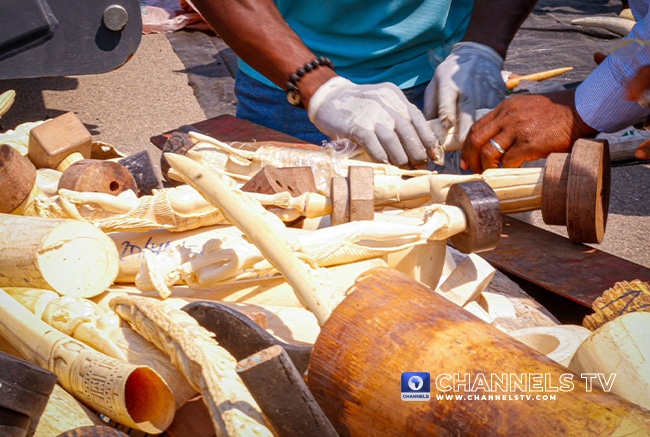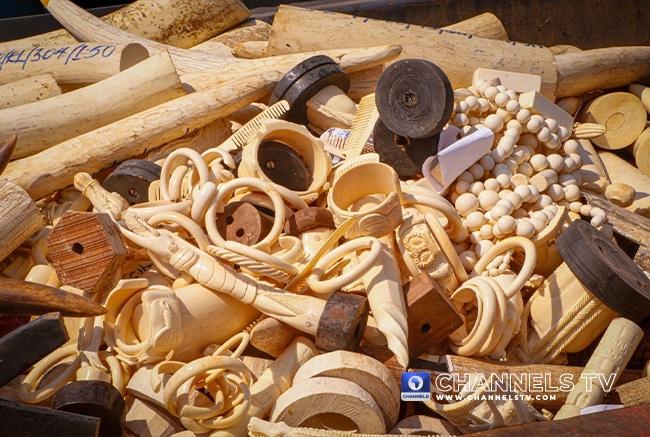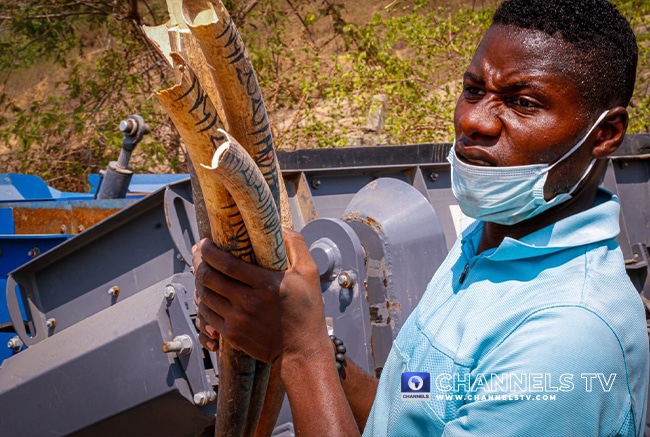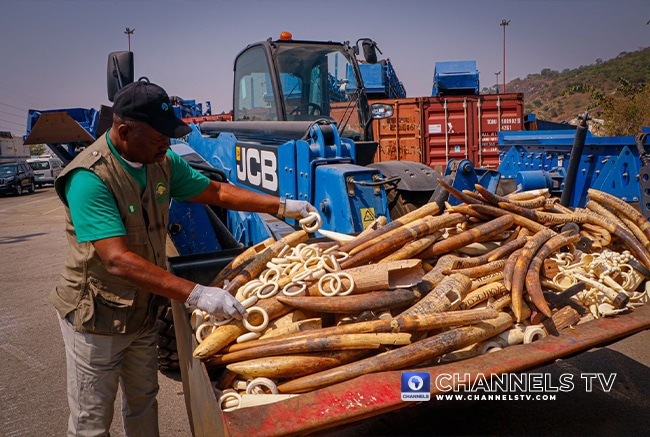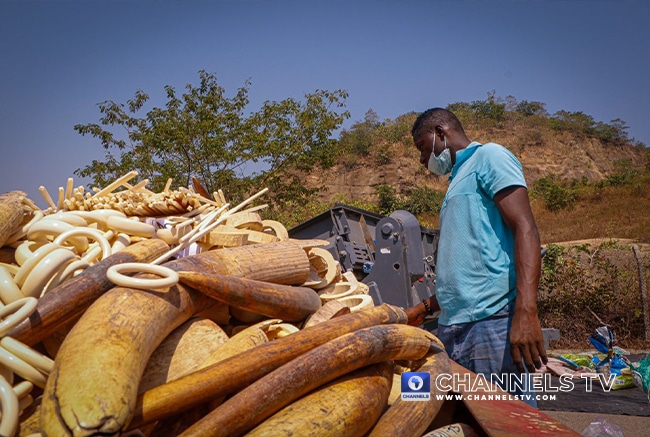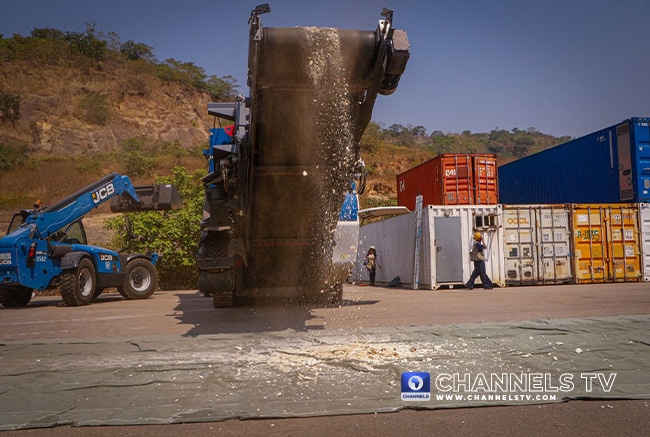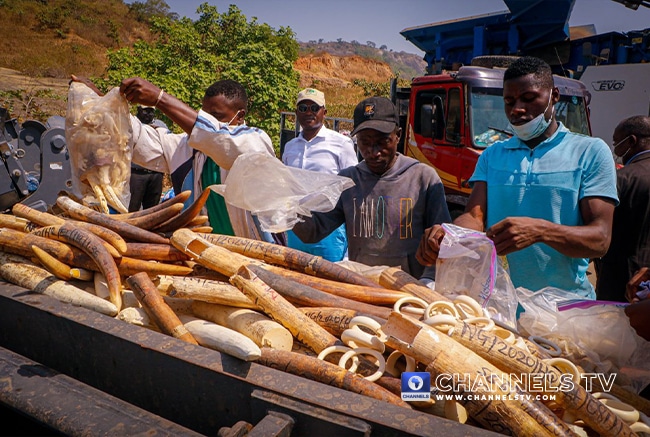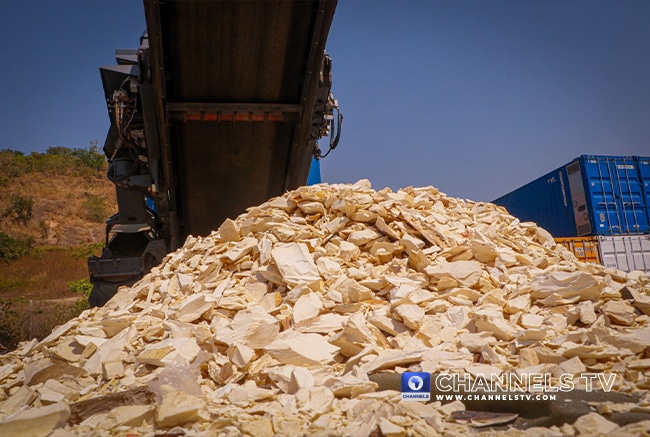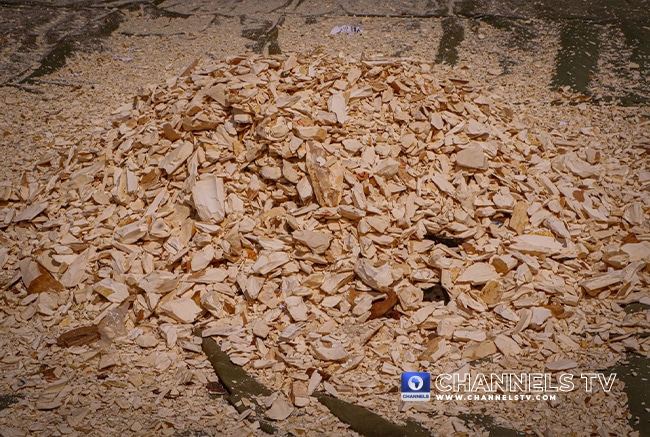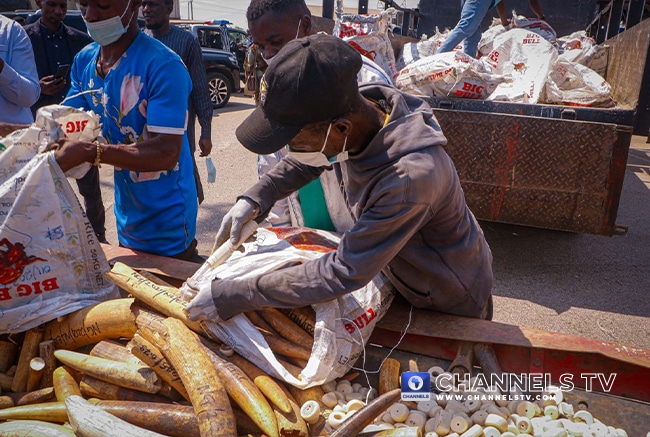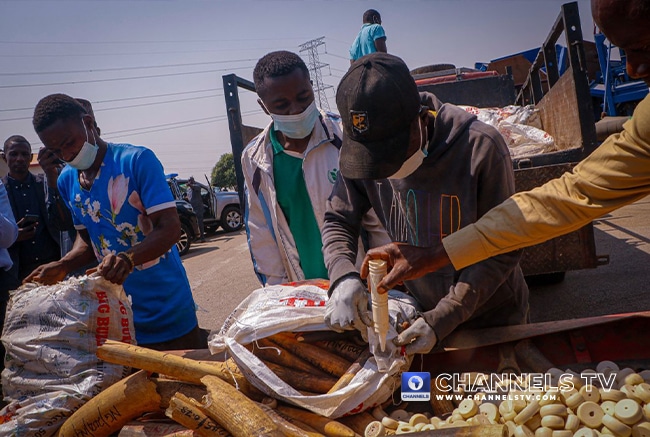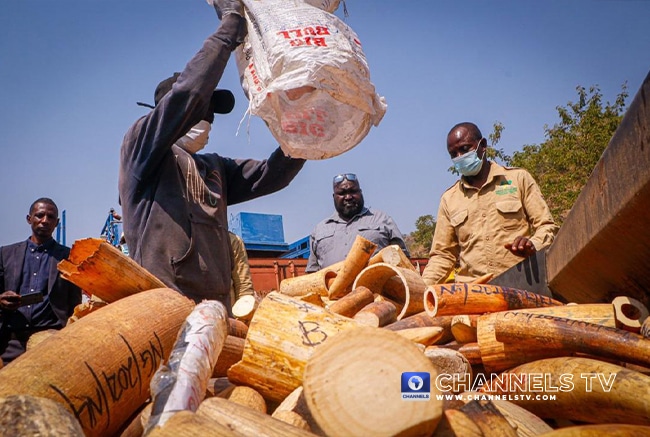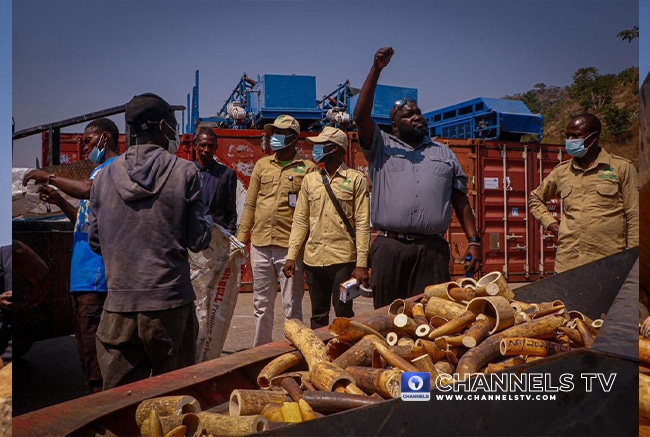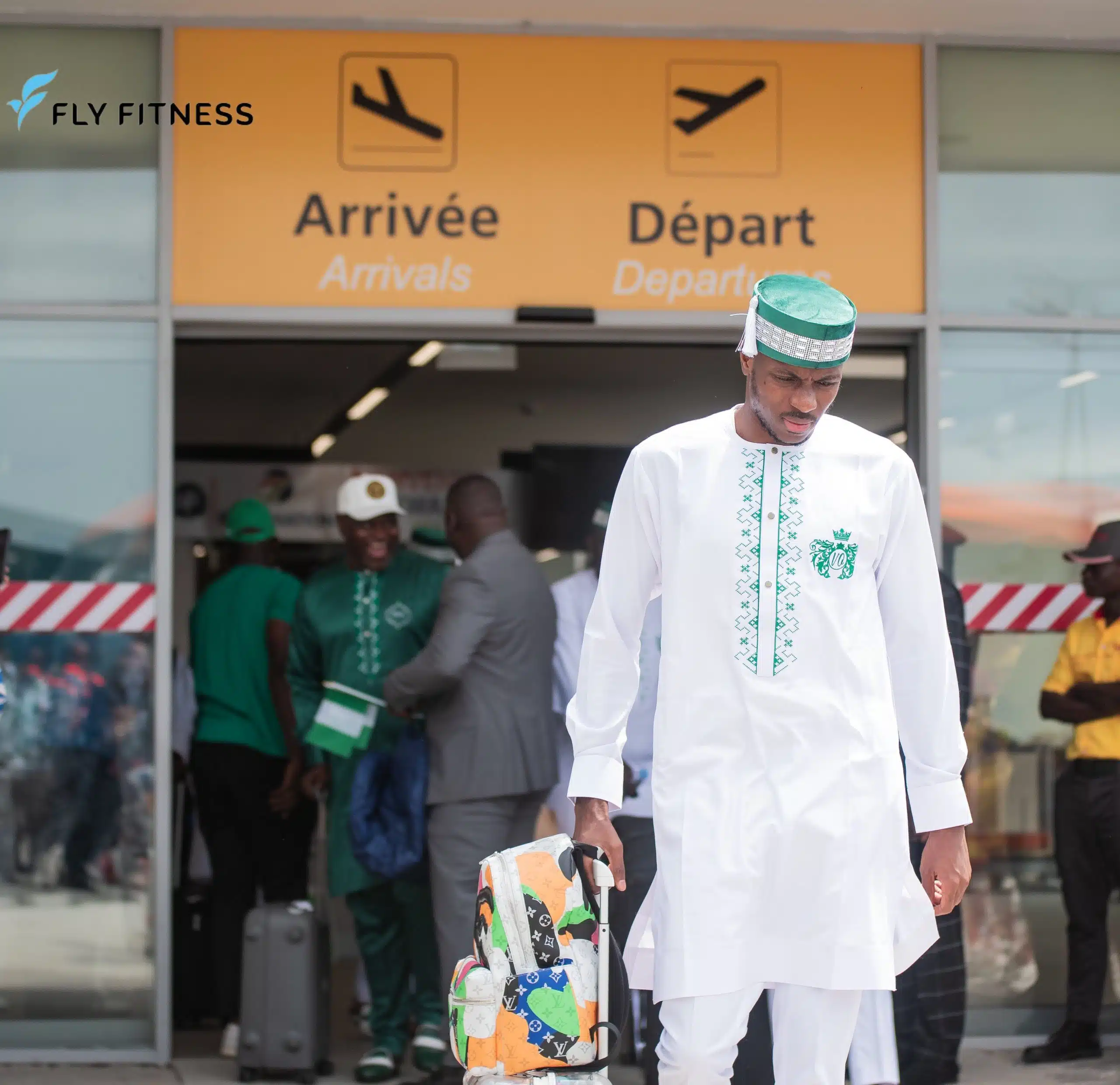The University of Lagos says a total of 340 students will be graduating with first class at its 54th convocation scheduled for Jan. 17.
The Vice Chancellor of the institution, Prof. Folasade Ogunsola, disclosed this at a news conference to announce activities lined up for the ceremony on Wednesday, in Lagos.
According to her, the 340 are among the overall 17,464 students that will graduate during the period.
She noted that David Akanmu, from the Faculty of Engineering, had emerged the overall best graduating student, with a perfect score of 5.00 CGPA.
According to her, Ibrahim Quadri of the Faculty of Management Sciences, with a CGPA of 4.94, is the best graduating student in Humanities.
Giving a breakdown of statistics of the overall graduating students, Ogunsola noted that 10,578 of them would receive first degrees, while 6,886 others, would be honoured with the postgraduate degrees.
The don further explained that of the 340 that would be honoured with the first class degree, a total of 97 of them are from Management Sciences, with 57 from the Faculty of Science.
She added that 47 others are from the Faculty of Engineering.
Ogunsola said there were 39 distinctions from the Faculties of Pharmacy, Basic Medical Sciences and Clinical Sciences,
“Of the total number of distinctions posted, 24 of them were from the Faculty of Pharmacy.
“Furthermore, from the total number of graduating students, a total of 3,374, will be conferred with the Second Class upper degrees, while 4,547 others will be admitted in the Second Class lower division.
“We have 1,832 others graduating in the 3rd Class division, 188 with Pass and 250 others with unclassified degrees from the Faculties of Pharmacy, Basic and Clinical Sciences,” she stated.
Speaking further, the vice chancellor noted that of the 6,886 postgraduate degrees, a total of 465 would be awarded postgraduate diplomas, 6,266 are graduating with Masters, out of which 377 posted distinctions.
“Most exciting is that 31 of the Master’s degree graduates are international students, all with MSc degrees, who were supported by World Bank grant through the African Centre of Excellence for Drug Research, Herbal Medicine Development and Regulatory Science (ACEDHERS).
“The centre Director, Dr Bola Ademilua, together with her team, worked extremely hard, to achieve this.
“This is the first time we will have such a harvest of international students at one convocation in the history of this university and this further reiterates and
validates the aggressive internationalisation drive of this administration and previous administrations.
“This year too, 155 graduands will be awarded the Doctor of Philosophy (Ph.D) degree in various disciplines. The overall best Ph.D. Thesis award for this year, which is also the best PhD in the Sciences, goes to Aminat Olawunmi Ige, with a Ph.D. in Mathematics.
According to her, the university of Lagos Business School will be graduating its first set of students as an autonomous school for the first time this year.
Ogunsola noted that in repositioning the business school to be more globally competitive, management had unbundled it from the School of Postgraduate Studies.
“So, it now has its own recognised certificate. A total of 62 students will be graduating from the Business School this year and the overall best graduating student is Abiola Oluyemisi ITAKPE, with a CGPA of 4.84. She obtained the Master of Business Administration.
“Let me seize this opportunity to thank members of Senate, staff and all stakeholders for their commitment and loyalty to UNILAG despite the challenges of last year.
“The University recorded many significant wins despite our challenges, especially successes in the quality and quantum of research and grants, improved collaborations and partnerships with other universities and industry within and outside Nigeria, as well as exchange programmes for staff and students,” she stated.
Ogunsola said that no fewer than four visually challenged students were among the graduands.
The vice chancellor stated that in pursuance of the ‘FUTURE READY AGENDA’ of the institution, management had made firm strides in growing its finances, infrastructure, reputation and manpower, adding that 2023 was one of consolidation, seed sowing and growth.
Speaking further on the activities lined up for the ceremony, Ogunsola stated that there would be a special Jumat service on Friday, Jan. 12 at the institution’s Central Mosque.
She said that there would be the opening of an exhibition on Monday, Jan. 15, to showcase and celebrate inventions and innovative ideas of students and faculty members.
“There will be no commissioning of projects at this convocation, as the commissioning of the new 484 bed hostel donated by Chief of Staff to the President, Rt. Honourable Femi Gbajabiamila was commissioned on Jan. 3, by the Hon. Speaker of the House of Representatives, Tajudeen Abbas.
“At 12:00 noon on same day, the Convocation Lecture titled: ‘Decolonizing African Higher Education for Transformational Development’ will be delivered by Prof. Toyin Falola a distinguished professor of History at the University of Texas at Austin U.S..
“Dr. Yemi Ogunbiyi, Chairman of Tanus and one of the most successful Managing Directors of Daily Times and former Pro-Chancellor, Obafemi Awolowo University, Ile-Ife (O.A.U) will chair the occasion.
“The congregation for the award of first degrees, diplomas, certificates, and prizes to graduating students across all faculties and the Distance Learning Institute (DLI), will take place in morning and afternoon sessions, on Tuesday, Jan. 16 and Wednesday, Jan. 17.
“On Thursday, Jan. 18, Postgraduate Diplomas, Masters, and Ph.D. degrees including DBA and EMBA will be conferred on graduates of the School of Postgraduate Studies and the University of Lagos Business School (ULBS),” she stated.
The vice chancellor noted that the highlight of the ceremony would be the conferment of honorary doctorate degrees in recognition of personalities who had distinguished themselves by significantly contributing to scholarship and societal development in various fields.
She said that this year’s ceremony would witness the award of degrees to three of such persons, including Prof. Toyin Falola, Phyllis Kanki, a professor of Immunology at the Harvard Chan School of Public Health in Boston.
Ogunsola said that Kanki was the first person to isolate HIV2 which causes a milder form of AIDS that was more commonly found in West Africa.
“She has contributed significantly to Medical Education, HIV research and building research capacity across Nigeria, and Africa.
“Also to be honoured is Attahiru Muhammadu Jega, a professor of Political Science, a sound intellectual, an astute administrator with a strong sense of ethics, who revolutionized Nigeria’s electoral process and conducted an internationally acclaimed free and fair election,” she said.

